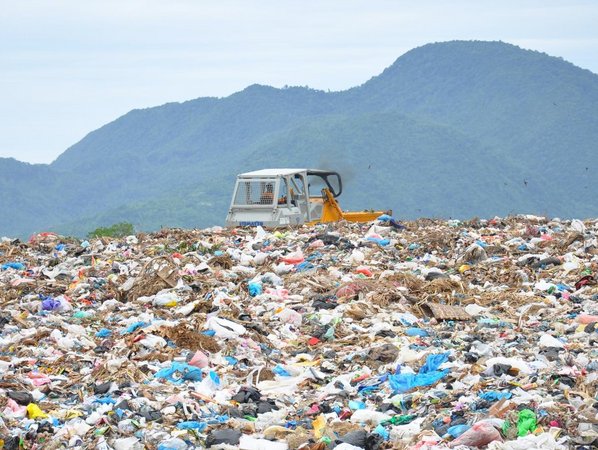
- Partner country: Indonesia
- Project coordination: Jakob Lederer
- Coordinating institution: Vienna University of Technology (TU Vienna)
- Partner institutions: Egerton University, Kenya Forestry Research Institute (KEFRI)
- Project duration: 2015-2017
- Project code: 213
About the project
Like in other emerging countries in tropical regions, municipal solid waste (MSW) management in Indonesia is currently in a transition phase from simple collection and open dumping to more environmental friendly MSW management practices, including recycling and landfilling of MSW. The main driver for this development is the new law on MSW management of 2008, which requires local governments to reduce negative impacts like greenhouse gases by closing open dumps and constructing new sanitary landfills.
A previous study conducted by the applicants in the year 2012, confirms that improper management of disposal sites is still the prevailing practice, due to insufficient financial resources and limited knowhow of landfill operation and stakeholders involved. Hence, knowledge on landfill operation under local conditions must be provided.
The objective of the project is to establish the scientific base for a research and training center in Banda Aceh (Indonesia) for an environmental friendly and cost effective landfilling in tropical climates. Therefore, laboratory experiments are carried out towards defining optimal landfill operation strategies. The results of these experiments will be disseminated to local stakeholders in order to improve the operation of landfills and reduce environmental impacts and greenhouse gases.
The project will be carried out by TU Wien, Syiah Kuala University, and the Sanitation and Park Department Banda Aceh. The total project costs are estimated to €105,353.24. 47% of the total costs will be covered as in-kind contribution by the project applicants and the partner institutions, 24% will be applied from Co-funding from the Ministry of State for Research and Technology, Indonesia (RISTEK), and 29% (€ 29,996.94) from the KEF.